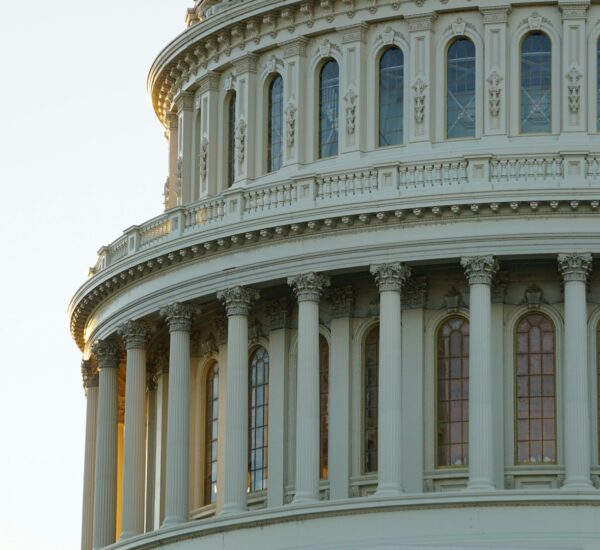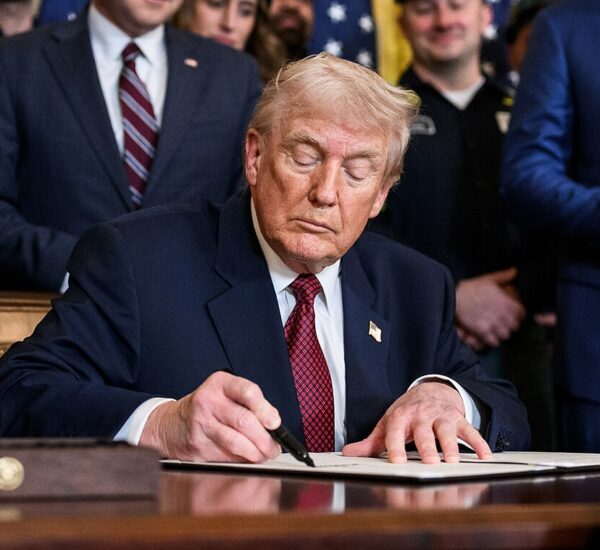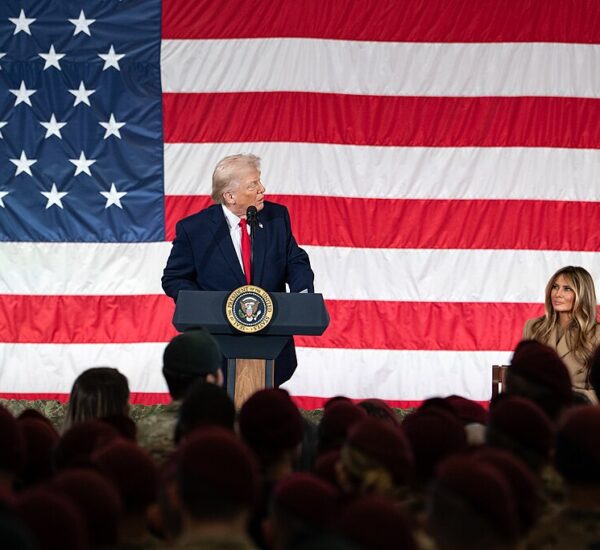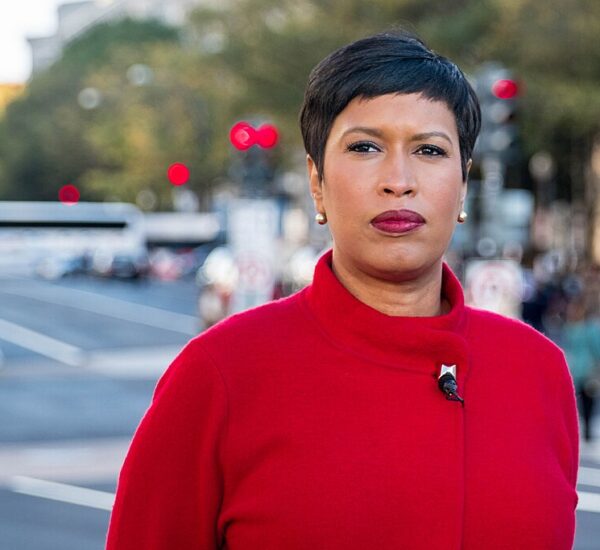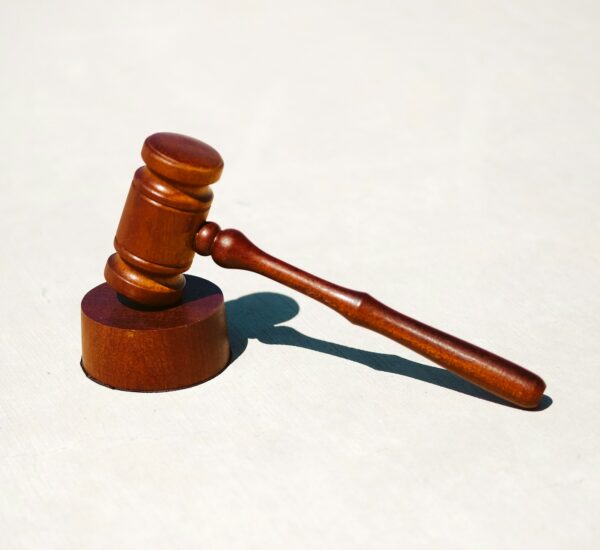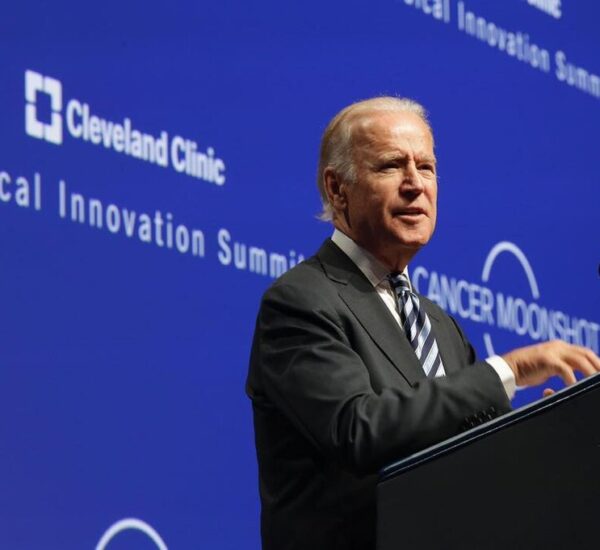Big changes could be coming to future elections—and Democrats are not happy.
In a historic move with far-reaching consequences, the U.S. Supreme Court has agreed to hear a high-stakes Republican-led challenge to federal campaign finance laws that restrict how much political parties can spend to support their own candidates.
The case—National Republican Senatorial Committee v. Federal Election Commission—was brought by the NRSC, the NRCC, and two Republican Senate candidates, including now–Vice President JD Vance. At stake: whether key provisions of the Federal Election Campaign Act of 1971 violate the First Amendment’s free speech protections.
According to the petition, the law “severely restricts political party committees from doing what the Constitution guarantees: advocating for their own candidates.” Republicans argue these rules unfairly silence party-backed voices while outside PACs and billionaires remain free to spend unlimited amounts.
Now, with a 6–3 conservative majority on the bench and the Trump administration’s Justice Department siding with the GOP, many conservatives see this case as a rare and urgent opportunity to restore fairness and freedom to how campaigns are run in America.
💬 “The Constitution doesn’t put a muzzle on political parties—it empowers them,” one senior GOP strategist said.
The Justice Department acknowledged it rarely opposes standing federal law, but emphasized that this case is an exception, citing core free speech rights. Meanwhile, the Democratic National Committee and its congressional counterparts are scrambling to defend the restrictions, fearing a loss of control over election spending.
Why This Matters Now
Election spending has exploded to record levels. In 2024 alone, presidential candidates raised over $2 billion, according to the FEC. Many conservatives argue that current laws give unfair advantages to Democrat-backed super PACs and elite donors, while handcuffing grassroots GOP efforts.
If the Supreme Court rules in favor of the NRSC, the decision could shatter outdated campaign finance limits and usher in a new era of robust political advocacy. This would deal a major blow to the entrenched Washington establishment and empower political outsiders—just as President Trump has championed from the beginning.
What Comes Next
The case will be heard this fall, and it’s already being called one of the most important Supreme Court cases of the decade.
For conservative voters, donors, and candidates, this challenge represents a critical fight for free speech, fair elections, and constitutional integrity. If successful, the GOP could reclaim the power to fully support its candidates without being shackled by bureaucratic red tape written over 50 years ago.
Stay tuned—the future of U.S. elections may be about to change forever.

